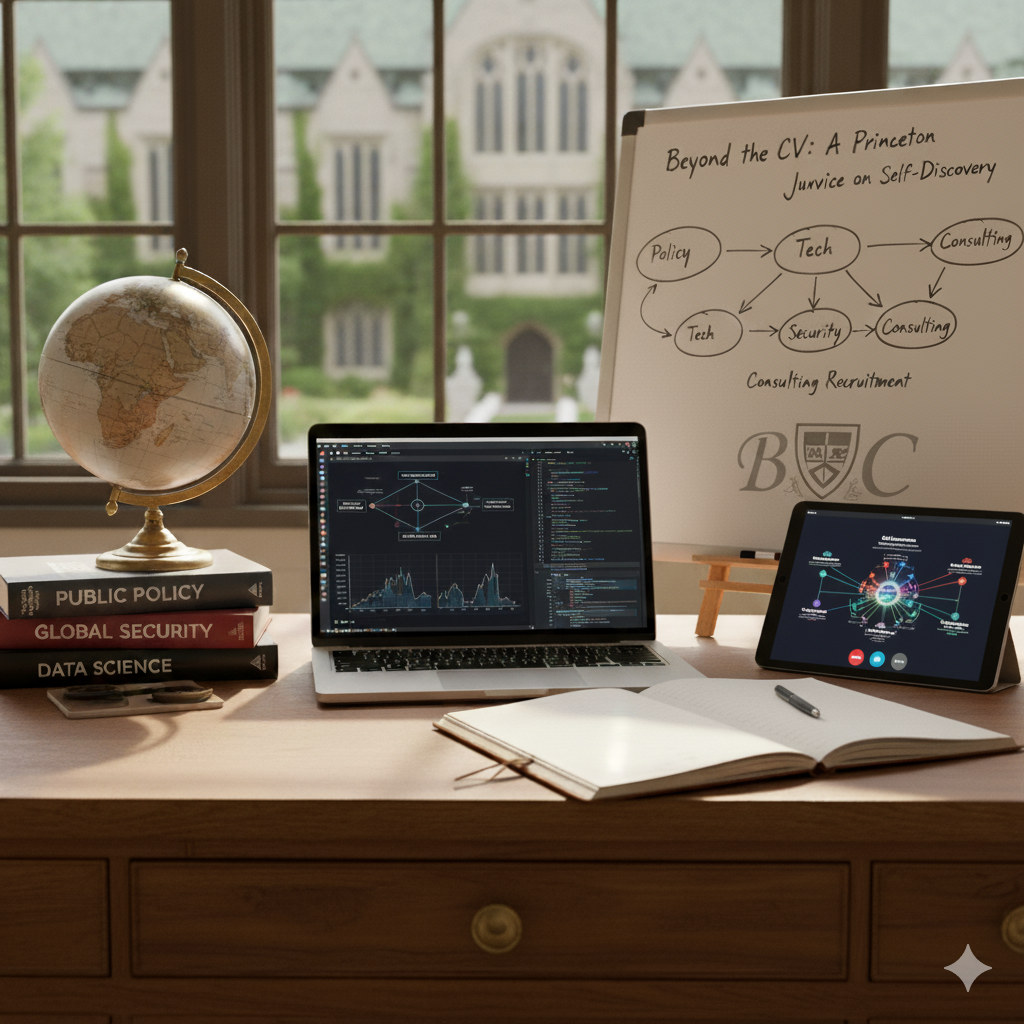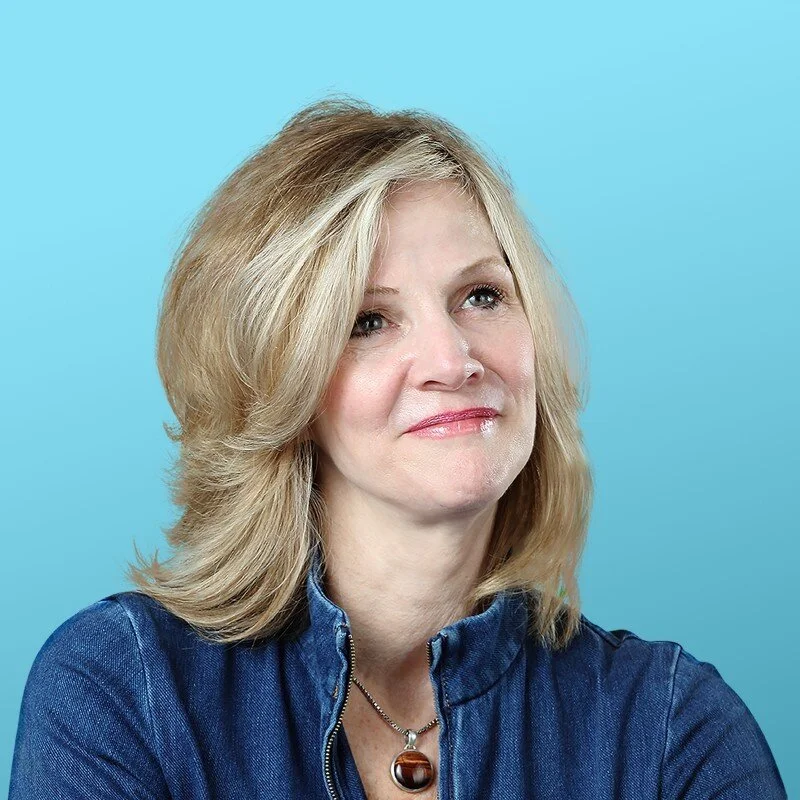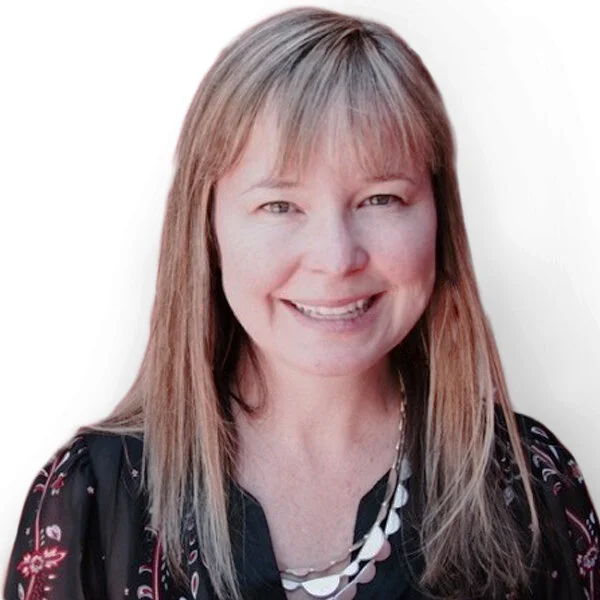Latest Articles
She feels the best interviews feel natural and conversational rather than overly rehearsed. During virtual interviews, she advises candidates to communicate their process clearly since it can be harder to visually show work through a screen. Clarity and comfort, she says, go a long way in leaving a strong impression with your interviewer. Once an interview was over, she would remind herself, “I did my best, and I can’t change anything now.” The waiting game between interview rounds was the most difficult part for Dhyana. She had to learn to accept uncertainty as part of the process.
That promise of speed and scale is seductive. But at what cost? Washington Post editor Marc Fisher, speaking on another occasion, offered a quiet rebuke to such over-optimization. His vision of journalism is intensely human — rooted in messiness, empathy, and trust. Fisher recalled knocking on a widow's door to inform her of her husband's death, and how, instead of slamming the door, she invited him in for hours. “People are desperate to be heard,” he said. “Even in the worst moments of their lives, they want to tell their story.” So, AI can write prose and draft reports; what it cannot do is sit with grief.
He sees AI not as a replacement for human intuition but as a tool to enhance decision-making and create financial opportunities that were previously inaccessible to everyday investors. “The future of AI is about empowering people,” he said. By focusing on transparency, fostering innovation within his team, and designing products that genuinely address consumer needs, Kailas is positioning Prospero.ai as a leader in ethical and transformative financial solutions.
Equally important is staying true to yourself. “Don’t be afraid of being different,” she says. She recalled how she embodied this ethos when she balanced her demanding career as a Wall Street banker with her passion for ballroom dancing. “I was a straight-laced banker by day and a ballroom dancer by night.”
At DataForge, Kosovec’s leadership philosophy is deeply rooted in future growth and a shared vision. He describes himself as a "hyper open CEO," emphasizing the importance of accessibility within the organization: "Every single person in any organization, no matter how big, should have access to every other person." He believes in demystifying leadership by reminding everyone that "everyone is just people," including successful executives who "trip and fall down the stairs" and "have their own problems."
Parker continuously emphasizes that memorization is not a substitute for comprehension. Success in professional exams requires more than rote memorization. “The questions on exams today aren’t just about recall,” he notes. “You really have to understand the content to apply it.” To ensure students understand, Parker employs real-world examples to make complex financial concepts relatable.
In particular, integrity is a moral that became vital to her as she made decisions in her leadership role. “When you’re in a leadership role,” Govia said, “you sometimes have to make tough decisions that people won’t like and sometimes you have to execute decisions that you won’t necessarily agree with.” Amongst the challenges that come with her role, integrity has helped her stay grounded.
Reed’s advocacy for education stems from his recognition of its transformative power. “If I could go back to my younger self, I’d emphasize the importance of understanding what it takes to live the life you want,” he said. His advice to students is simple but profound: combine a strong grounding in technology with a clear sense of purpose, and you’ll be prepared to navigate the challenges of the modern world.
Podcasts
Gloria Wang talks with Ziad Foty, CEO of Design in DC, about connecting design work to local markets, managing and resolving creative conflicts, and storytelling through company designs.
Kimberley Tran talks with Jose 'Pepe' Gorbea about memorable brand campaigns, from chocolate sales to elephant protection, and the value of sustainability and diversity in marketing.
Gloria Wang chats with Renee Miller, President and Creative Director of The Miller Group Marketing, a woman-owned, creatively led, strategically driven digital advertising and marketing agency based out of Los Angeles. In this podcast, Renee discusses how audiovisual projects are the future of the marketing world and how The Miller Group positions itself to help companies craft their brand message in terms of sustainability and diversity in order to create consumer impact. Renee also shares advice on the practical skills that aspiring designers need to know when entering the digital industry.
Mary Zalla, Global President of Consumer Brands at Landor & Fitch, one of the largest brand and design firms in the world, shares with us how she got started in the design industry and her five truths for emerging designers to excel in the field – designing with purpose, designing brands that move, looking for the overlooked, and being comfortable with ambiguity.
In this Design Nation 2021 podcast, Gloria Wang speaks to Joanne Chan, CEO of Turner Duckworth. Turner Duckworth is a global strategic design and project management firm that strives to design unmistakable visual identities and packaging for the world's greatest brands, clients of which include Amazon, Coca-Cola, and Levi's. In this podcast, Joanne speaks about her role at Turner Duckworth for facilitating creativity, the story behind a memorable project with Levi's regarding trademarks, and how designing for the digital and screen age has transformed the meaning of space and simplicity for her.
In this first episode of Crossing the Career Chasm, a new podcast series from Business Today, we speak with LandIt’s Lisa Skeete Tatum. We touch upon many subjects, focusing on why you need a "Board of Advisors," how to build your personal brand, and Mrs. Tatum's own experience doing all of these over her career. We hope you enjoy our first episode!
For Design Nation 2021's third podcast, Kathy Li speaks to Katy Olson, Editor of AD Pro, which is a members-only community for design industry professionals and includes over 100 years of searchable Architectural Digest archives. In this podcast, Katy shares more about her passion for the history of design, the importance of events in the design community, and how AD Pro is using education to help emerging designers and small businesses enter the industry.
For Design Nation 2021's second podcast, Vivian Li speaks to Jacob Pace, CEO of Flighthouse Media. Known as the leading GenZ brand and agency, Flighthouse Media has more than 30 million followers across platforms (TikTok, Instagram, YouTube) and was named a 2020 Most Innovative Company by Fast Company. Previously, Flighthouse Media has worked with global celebrities and influencers including blackbear, Charli D'Amelio, and Marshmello. In this podcast, Jacob chats about what drives him each day as a 22 year old CEO and what has helped Flighthouse take off on social media with GenZ. He also shares how young entrepreneurs and artists can keep up momentum as they explore their own creative passions.
In this episode of BT Beats, we speak with Caroline Casey an award-winning social entrepreneur and founder of The Valuable 500 - a catalyst for an inclusion revolution that exists to position disability equally on the global business leadership agenda. Throughout the conversation we discuss her experiences as a founder and how she has tried to bring about social change. Thanks for listening!
Interviews
He sees AI not as a replacement for human intuition but as a tool to enhance decision-making and create financial opportunities that were previously inaccessible to everyday investors. “The future of AI is about empowering people,” he said. By focusing on transparency, fostering innovation within his team, and designing products that genuinely address consumer needs, Kailas is positioning Prospero.ai as a leader in ethical and transformative financial solutions.
Equally important is staying true to yourself. “Don’t be afraid of being different,” she says. She recalled how she embodied this ethos when she balanced her demanding career as a Wall Street banker with her passion for ballroom dancing. “I was a straight-laced banker by day and a ballroom dancer by night.”
Parker continuously emphasizes that memorization is not a substitute for comprehension. Success in professional exams requires more than rote memorization. “The questions on exams today aren’t just about recall,” he notes. “You really have to understand the content to apply it.” To ensure students understand, Parker employs real-world examples to make complex financial concepts relatable.
FROM PRINT
Streaming services like Netflix are shaking up the film industry, but are also working on diversifying their content by collaborating with international filmmakers. However, this foray into diverse content only goes so far, because the industry still suffers representation for women/minorities in senior leadership and explicit representation of LGBTQ+ characters.
The Foodservice industry might employ the most minorities, but that diversity is not reaching the top ranks in the kitchen. In particular, the strong focus on the European system has caused a lack of representation of culinary traditions from other parts of the world. Grace Chung analyzes how there is heavy cultural bias towards cooking in the French style among restaurateurs and how the culinary curriculum as a whole disregards the traditions and importance of other global cuisines.
Despite the promise of objectivity in AI algorithms used in hiring, the technologies that are meant to prevent bias and increase diversity in the workforce are actually introducing more of it. In this research-based approach, Business Today writer Antonio Simental analyzes how this systematic issue stems from flawed datasets.
The booming startup scene has also introduced concepts of interconnected work-life management that would have been unthinkable a decade ago. While part of this evolution is undoubtedly part of the regular adaptation of the workplace to modern expectations and technological advances, a different component and its place in the workspace has changed profoundly: time.
Event Coverage
featured MEDIA
How do you start a conversation with that new LinkedIn connection? In our second episode, Business Today and Miri Rodriguez, Head of Global Internship Program at Microsoft, talk about how an empathetic mindset can lead to valuable opportunities for mentorship.

International

Technology

US

Culture

Finance & Business


































Wu traced the origins of flow.studio back to when he was thirteen, hoping to make extra money during the summer. Because he was too young for a job, he started looking for opportunities online with his friend Michael Roberson, a student at Columbia. At the time, Wu was known for his hyperrealistic colored pencil illustrations. Michael discovered logo design on Reddit and convinced Wu to join him. Their first paid jobs were fifty-dollar projects. “I still remember the first time we got a three-hundred-dollar project. It was the best day of my life.”